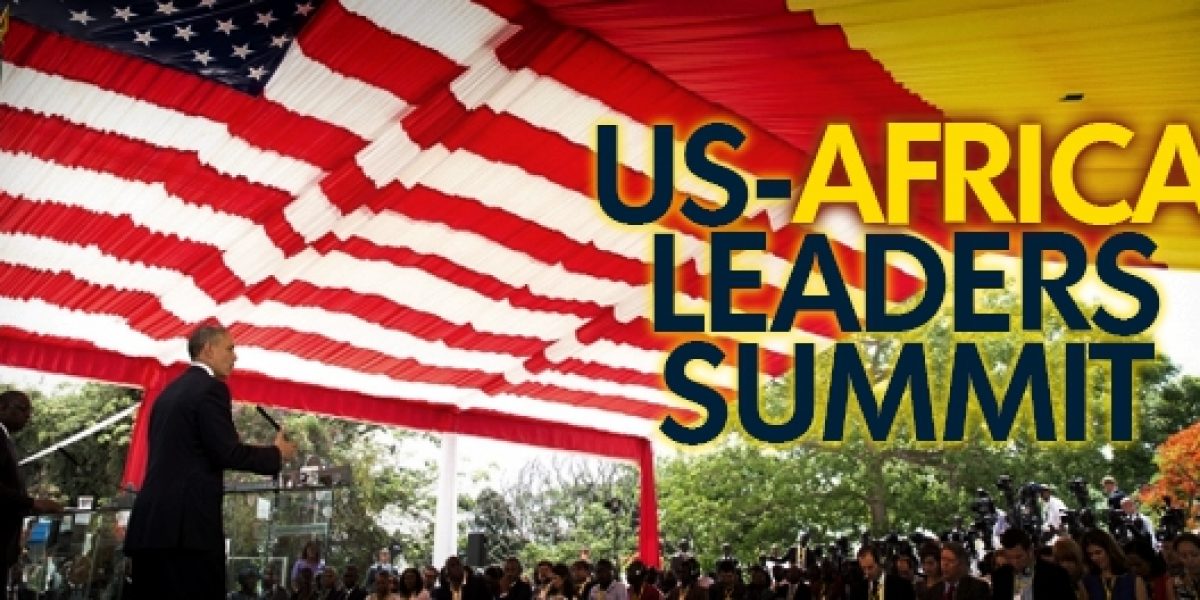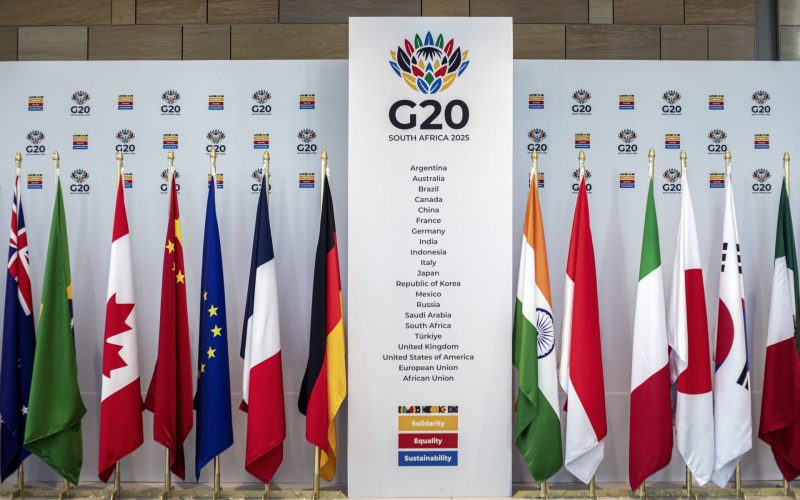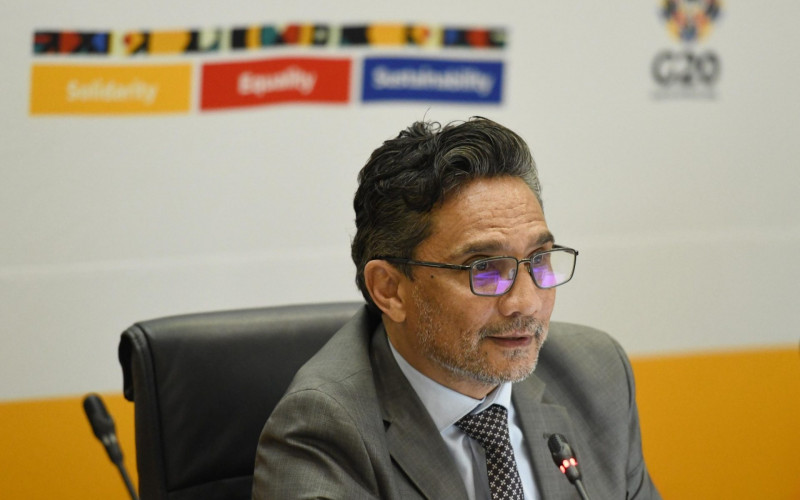The first ever US-Africa Leaders Summit on 4-6 August 2014 finally offers an opportunity for other continents to step aside and let Africa take the right of way in Washington’s circles.
This newly found precedence reveals how things are slowly changing in US-Africa relations. The most obvious change, beside this event, is the host of new Africa-focused initiatives launched by the US in recent years, such as Power and Trade Africa, and US President Barack Obama’s Young African Leaders Initiative (YALI).
We will also see a change in the typical diplomatic approach to this type of event. Obama has ruled out traditional one-on-one meetings with African leaders like Nigeria’s Goodluck Jonathan and South Africa’s Jacob Zuma, contrary to the approach taken by Chinese and Japanese presidents who made time to meet personally with every African head of state during their country’s Africa summits. Instead, Obama will be meeting with the attending African heads of state in one interactive session.
This is difficult because Africa is slowly changing, but not at the same pace and in the same way across its 50+ countries. Those who travel around the continent know that overall development will take time and that each African country is unique. Difficulties still exist and will continue to arise, but there are also genuine opportunities for growth if some of the specific challenges are met. One of these continuing challenges for many African countries is security.
Encompassing extremist attacks in East and West Africa, military interventions in Central African Republic and elsewhere, instability in the Sudans, and threats in the oceans, these issues have not disappeared and will not do so overnight. Many Africans, who were originally against America’s security approach towards the continent, have had a change of heart and are now asking for Washington’s support. While there are still numerous individuals in Africa who are skeptical of US military involvement in Africa, more and more African governments are co-operating with the US in areas such as aerial surveillance and intelligence gathering.
Another ongoing challenge and a priority for Washington is Africa’s democratisation and human rights agenda. In 1996, only three mainland African countries achieved positive Worldwide Governance Indicator scores, Botswana, Namibia and South Africa. Sixteen years later, only one country has been added to the list, Ghana. Poor democratic governance and particularly corruption are expected to be on the Summit agenda. While difficult to discuss, this is an important issue for the US business community which is obliged to abide by the US Foreign Corrupt Practices Act of 1977 with its requirement not to bribe foreign officials.
The US-Africa Business Forum will run concurrently with the US-Africa Leaders Summit bringing together hundreds of US and African businesspeople and politicians. US Commerce Secretary Penny Pritzker recently confirmed that deals worth almost US$1 billion (R10 billion) will be announced at the Forum. Pritzker says ‘this is new money—and there will be more to come.’
This is a welcome change that Africans would like to see more of, namely increased US Foreign Direct Investment (FDI) into Africa. New investments in Africa accounted for about 1.0% of total US direct investment abroad in 2012, compared to 71% to developed economies in the Organisation for Economic Development and Co-operation (OECD), 24% to Latin America (less Mexico and Chile), 14% to Asia (less Australia, Japan, New Zealand and South Korea) and 2% to the Middle East. American companies hope to position themselves as preferred partners in addressing Africa’s huge infrastructure demand based on their competitive advantage in providing some of the cleanest, most advanced technologies and services in this sector.
The wheels are in motion for taking US-Africa relations forward and the official Summit and Forum alongside dozens of side events taking place across Washington DC are welcome signs of a growing partnership.







